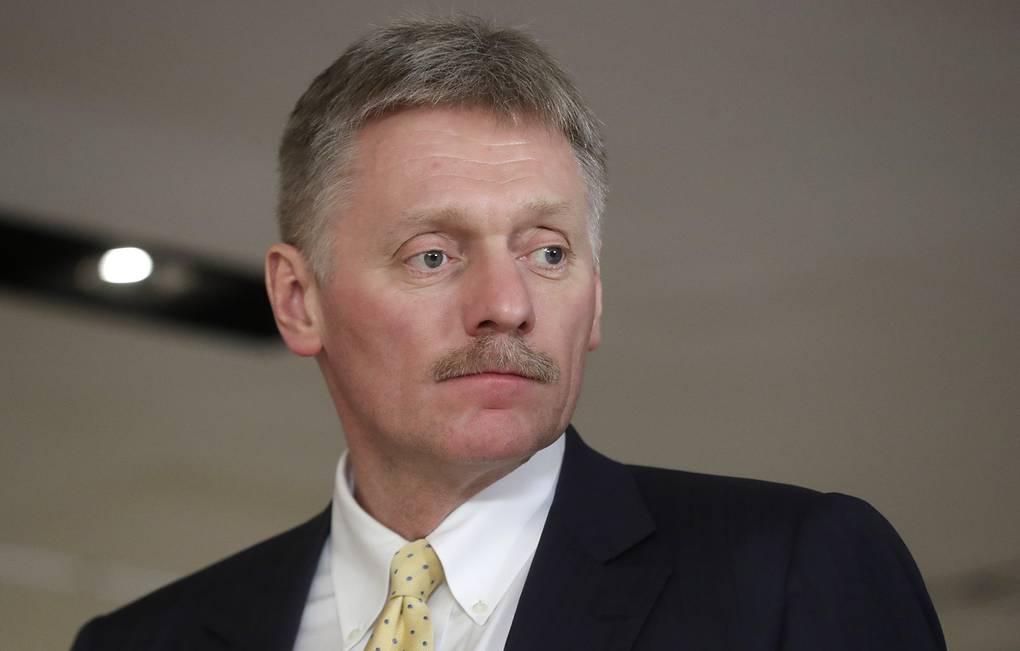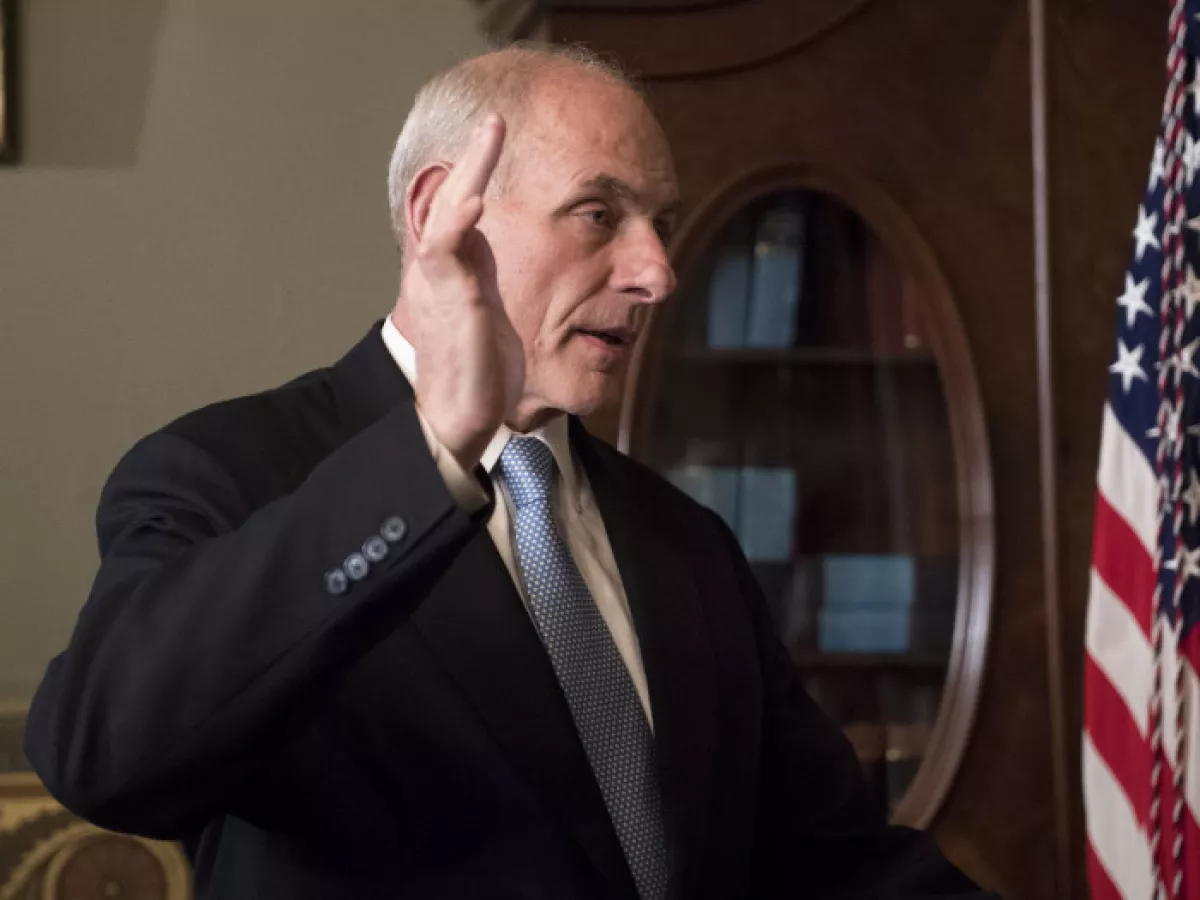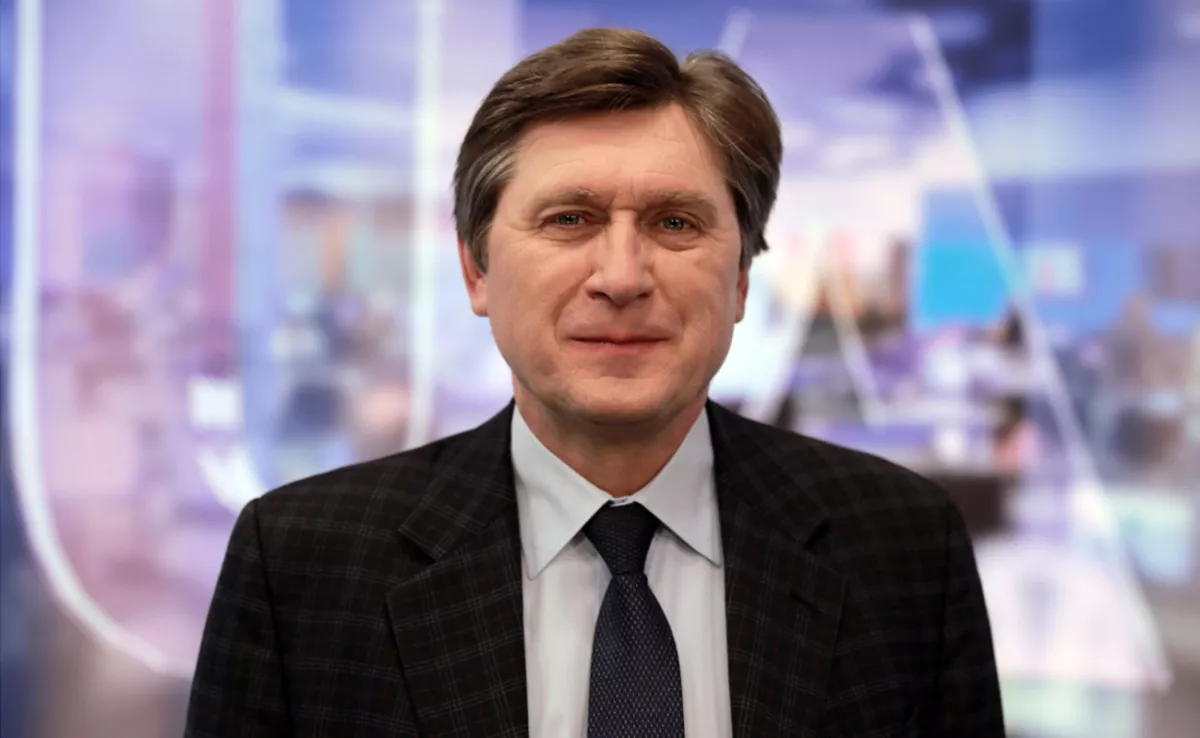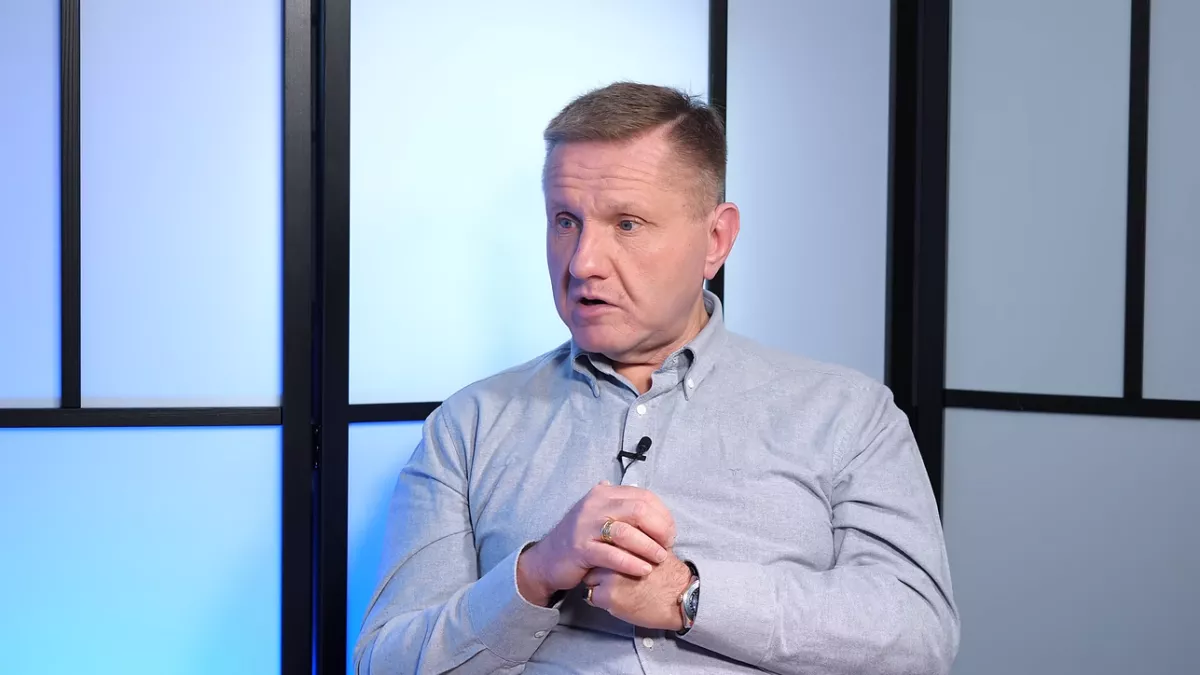Trump's 10-day ultimatum to Putin Will Moscow agree to a ceasefire?
As is known, U.S. President Donald Trump has given Russia 10 days to reach a ceasefire agreement with Ukraine. He made this statement on July 29 aboard Air Force One before departing from Scotland. “Ten days from today,” Trump clarified. According to him, if Moscow does not agree to halt hostilities within this timeframe, Washington will impose the previously promised tariffs. At the same time, Trump admitted he is unsure whether such measures will have a real impact on Russia: “I don't know if it’s going to affect Russia because, obviously, [Putin] wants to keep the war going... It may or may not affect them, but it could.”

Earlier that day, Kremlin spokesperson Dmitry Peskov stated that Russia has no intention of ending the war in Ukraine, despite U.S. demands. He referred to the attack on the neighbouring country as “defending Moscow’s interests.”
Then, on July 31, news emerged that U.S. President Donald Trump had made it clear he intends to secure a ceasefire agreement between Russia and Ukraine by August 8. This was revealed by senior U.S. diplomat John Kelly during a United Nations Security Council meeting.

"Both Russia and Ukraine must negotiate a ceasefire and durable peace. It is time to make a deal. President Trump has made clear this must be done by August 8. The United States is prepared to implement additional measures to secure peace," Kelly stated.
What could be the consequences of the conditions set by Trump? If Putin refuses to agree to at least a temporary truce with Ukraine, what tools does Washington have at its disposal to exert real and effective pressure on Moscow and force it to halt hostilities?
Well-known foreign analysts shared their views on these questions with Caliber.Az.

Volodymyr Fesenko, Director of the Penta Centre for Political Studies (Ukraine), is convinced that Putin will not agree to a ceasefire with Ukraine—neither within the next 10 days nor before the previously mentioned 50-day deadline that ends in early September.
"For Putin, agreeing to a ceasefire would be seen as a sign of weakness and an obvious defeat in the face of Trump. That’s exactly why he won’t make concessions. Authoritarian leaders do not respond to ultimatums—they prefer to issue them themselves.
Secondly, Putin will not engage in genuine peace talks while his summer offensive in Ukraine is still ongoing. Only if that offensive fails to deliver the desired outcome might he start considering other options at some point.
However, Putin will not burn the remaining bridges—or even small footbridges—for dialogue with Trump. That’s why he remains silent, and his spokesman Peskov responds to Trump’s ultimatums in a very restrained manner. As for Medvedev’s statements, they shouldn’t be taken seriously—they’re attention-grabbing propaganda with no bearing on real policy.
Since Russia won’t agree to end the war against Ukraine in the coming weeks, Trump will have to respond. In fact, this deadline applies to him as well," the researcher noted.
According to Fesenko, it is almost certain that Trump will take some form of action to pressure Russia, as well as countries that continue purchasing Russian oil.
“It’s unlikely we’ll see 100% trade tariffs imposed on China, India, or Türkiye,” said Fesenko. “Such measures would amount to a trade war and a near-total halt in foreign trade with the targeted country. That also carries the risk of a spike in oil prices, which is not in the U.S. interest. Trump wants to strike a deal with China, so he’s unlikely to start a new tariff war there.
However, sanctions could be imposed on Chinese companies that purchase and process Russian oil. Similar sanctions could also target companies from other countries—particularly India—that continue to buy Russian oil. Trump has already announced 25% tariffs on Indian goods, partly in response to India’s ongoing imports of Russian crude. There could also be high tariffs imposed on another of Russia’s partners—Brazil—where a trade war with the U.S. is already brewing.
Washington could impose 100% tariffs on goods imported from Russia. But since the trade volume between the U.S. and Russia is relatively small, such measures would not significantly impact Russia.
The U.S. might also introduce additional sanctions against Russia’s tanker fleet—possibly in coordination with the EU—and target Russian banks. All of this, for now, serves more as a warning to Moscow. Still, it signals a resumption and escalation of U.S. sanctions pressure on Russia, with more potentially to come.
Finally, new packages of American weapons for Ukraine are highly likely. And under the current circumstances, that may be the most effective tool Washington has for pressuring Russia,” Fesenko concluded.

Political analyst and Deutsche Welle columnist Konstantin Eggert (Vilnius) believes there is little doubt that Putin will pay no attention to Trump’s ultimatums.
“For him, giving in to Trump in this situation would be a display of weakness—and that is what the Russian regime, and Putin personally, fear most. The war will continue, and the impact of sanctions, if they are fully implemented, will be felt gradually over time.
That said, India’s reported decision to stop purchasing Russian oil is undoubtedly a blow to Putin and clearly increases his dependence on China.
What else could the U.S. administration do? Quite simply, provide Ukraine with more offensive weapons—like the Tomahawk missiles Trump reportedly discussed with Zelensky. Germany could supply Taurus missiles. In that case, the situation on the battlefield could change significantly.
At the same time, we’re seeing that cyberattacks on Russian infrastructure are having a fairly serious effect. They are not only gradually undermining the Russian economy and infrastructure, but also weakening the Russian government politically.
Moscow has no real answer to these high-tech attacks other than bombing residential areas in Ukrainian cities. Still, I believe Putin will continue the war in the near term. He appears deeply convinced that time—and what he sees as Russia’s unlimited resources—is on his side,” Eggert noted.








